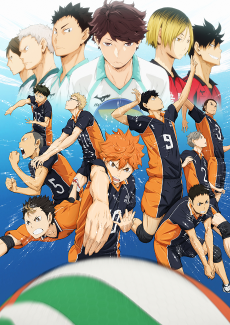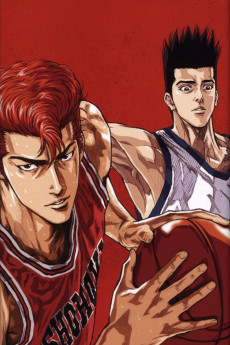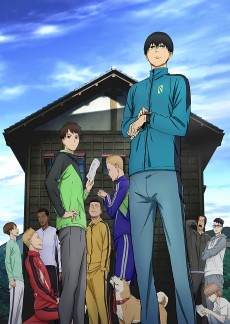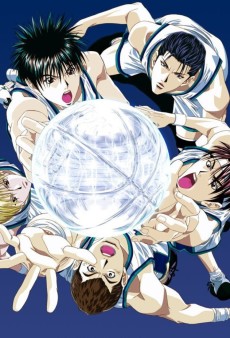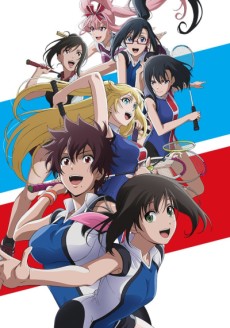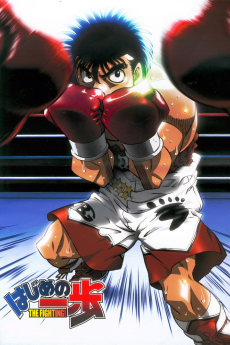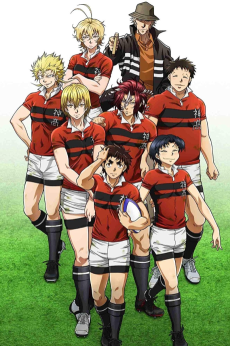AHIRU NO SORA
STATUS
COMPLETE
EPISODES
50
RELEASE
September 30, 2020
LENGTH
24 min
DESCRIPTION
He may be short in stature, but Sora Kurumatani can soar and score on the basketball court! With a passion for the sport he inherited from his mother, Sora vows to her that he’ll take top prize at a high school basketball tournament… but there’s one problem. His new school’s basketball club has turned into a hangout for delinquents! Will Sora’s sheer tenacity and amazing three-point shooting change their minds and get the club up and running again?
(Source: Sentai Filmworks)
CAST
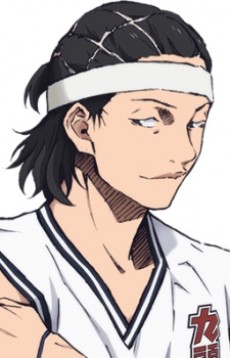
Kenji Natsume
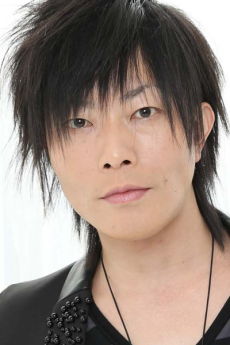
Kishou Taniyama
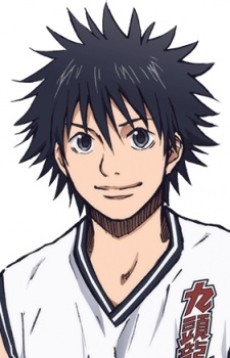
Sora Kurumatani
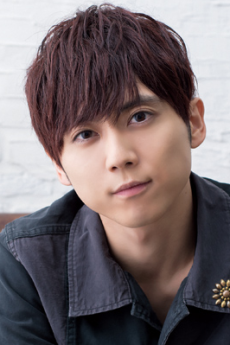
Yuuki Kaji
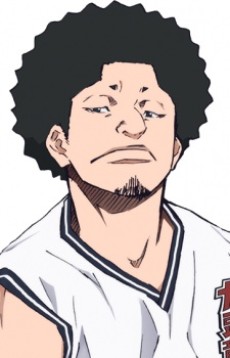
Chiaki Hanazono
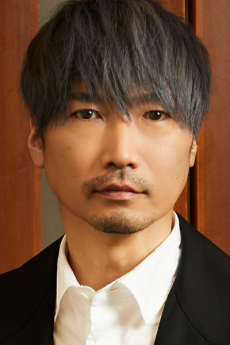
Katsuyuki Konishi
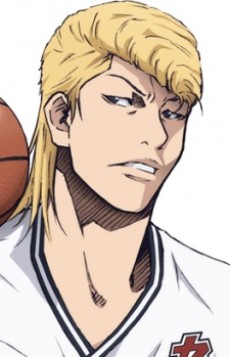
Momoharu Hanazono
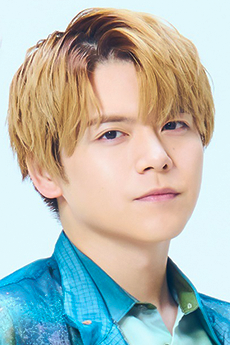
Yuuma Uchida
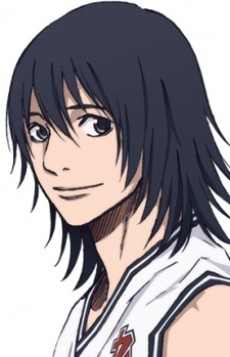
Kaname Shigeyoshi
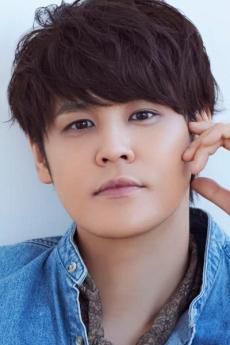
Mamoru Miyano
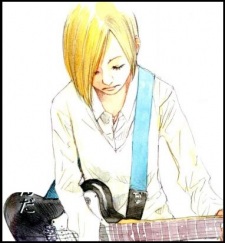
Nao Nanao
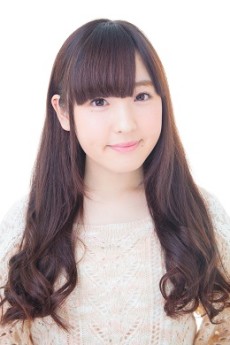
Yuna Taniguchi
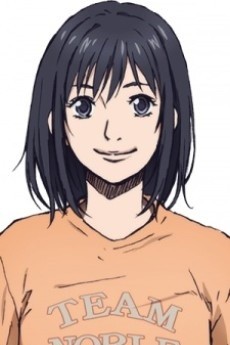
Madoka Yabuuchi
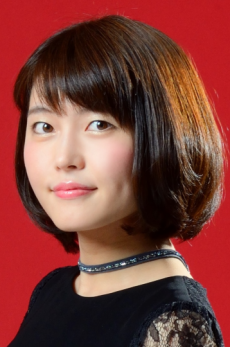
Sayaka Senbongi
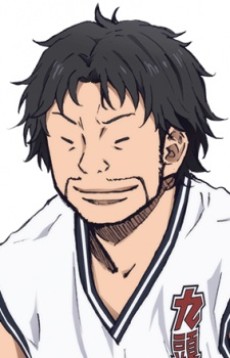
Ryuuhei Nabeshima
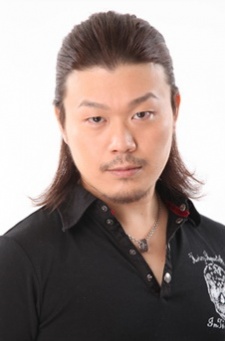
Chado Horii
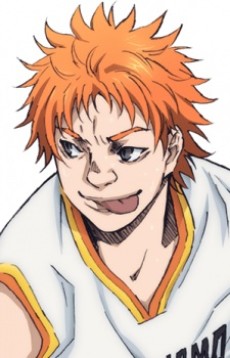
Fuwa Hyou
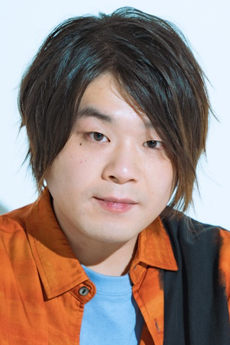
Yoshitsugu Matsuoka
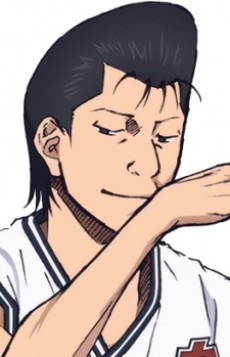
Shinichi Yasuhara
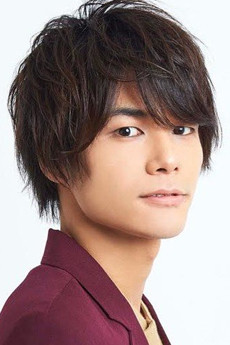
Taku Yashiro
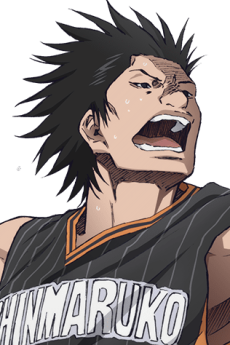
Shinichi Chiba
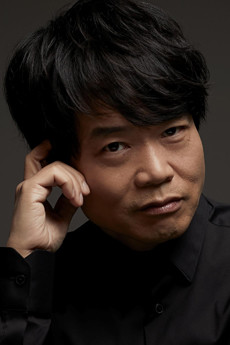
Kazuya Nakai
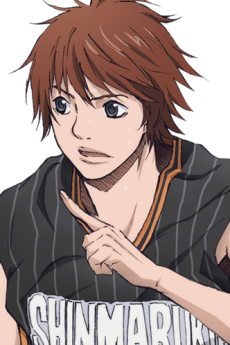
Tokitaka Tokiwa
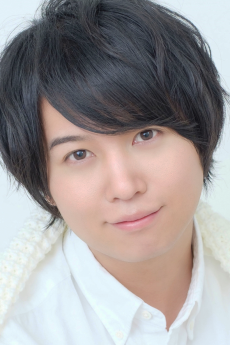
Souma Saitou
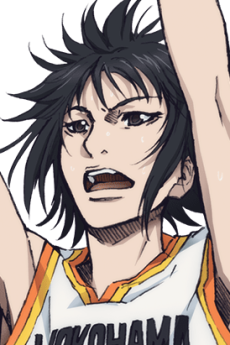
Yozan Kamiki
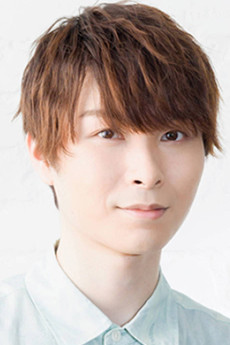
Yuuto Uemura
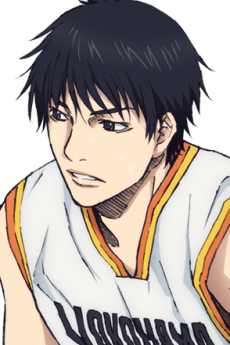
Sei Shiraishi
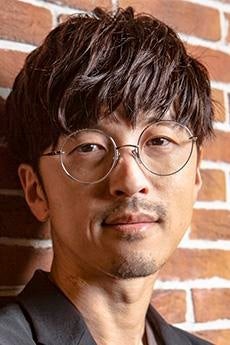
Takahiro Sakurai
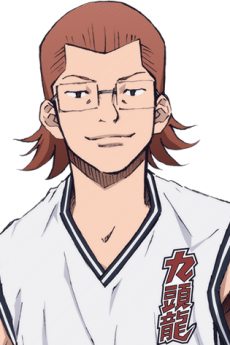
Masahiro Saki
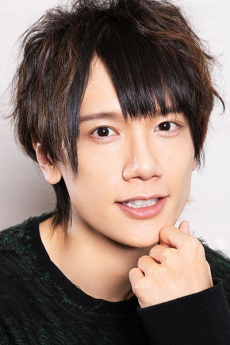
KENN
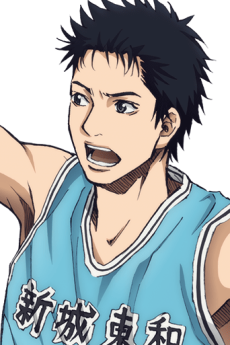
Katsumi Takahashi
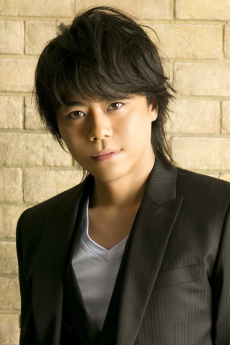
Daisuke Namikawa
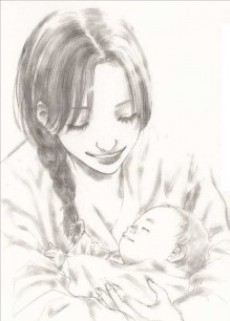
Yuka Kurumatani
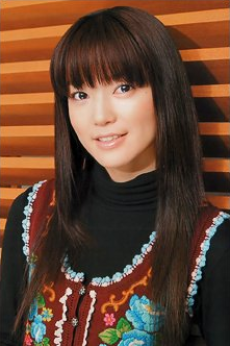
Aya Endou
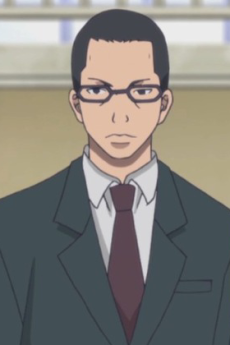
Masayoshi Satsuki
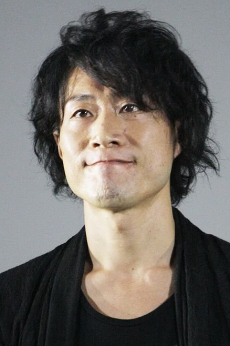
Eiji Takemoto
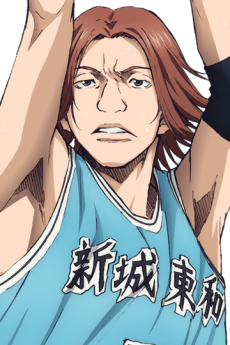
Yukinari Kojima
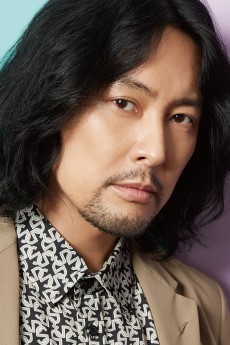
Hiroyuki Yoshino
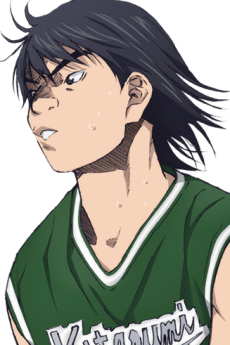
Tarou Kabachi
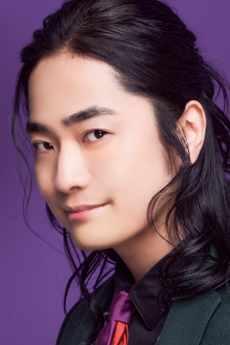
Jun Fukuyama
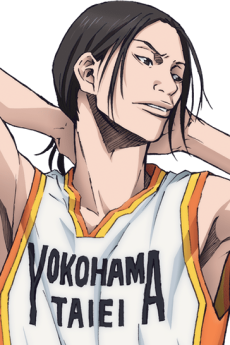
Shigenobu Yakuma
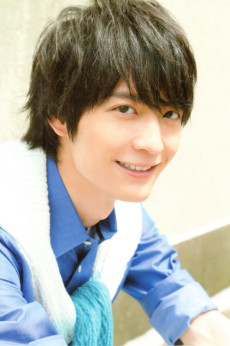
Yuuichirou Umehara
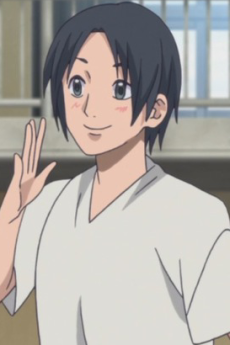
Youko Kokubu
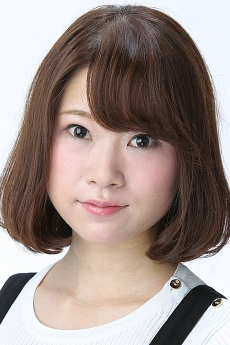
Shizuka Ishigami
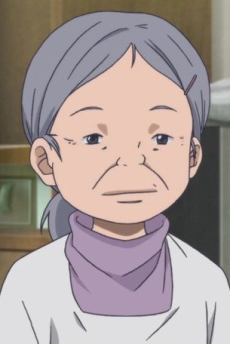
Yone Kurumatani
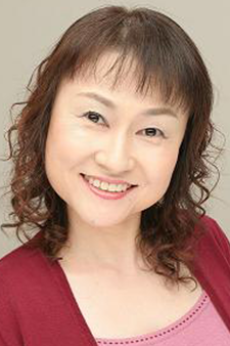
Kaoru Katakai
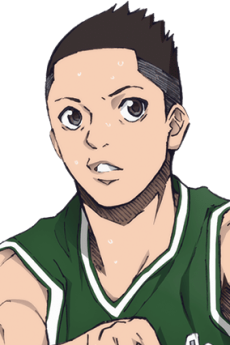
Shingo Katori
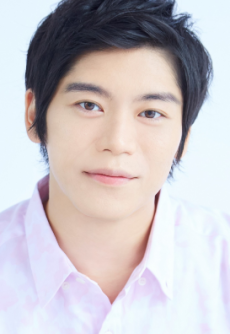
Makoto Furukawa
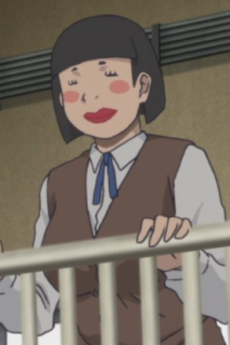
Yuu
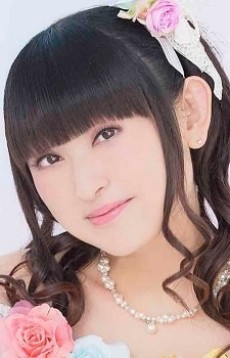
Yukari Tamura
EPISODES
Dubbed
RELATED TO AHIRU NO SORA
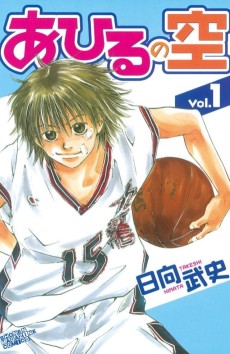 MANGA DramaAhiru no Sora
MANGA DramaAhiru no SoraREVIEWS

sushiisawesome
85/100Poor production, great cast of characters, excellent theming and yet suffers due to the legacy of the source material.Continue on AniListAhiru no Sora is a coming of age story about how easy it is to live an uncomfortably aimless life, with a cast that struggles with how listless living such a life makes them due to their isolation from living a youthful life, social problems and their own apathy, with the series emphasizing the importance of breaking out of that apathy and struggling to find a passion in order to at least move forward, regardless of the excruciating difficulty that would follow. Basketball is the vehicle used to drive these characters forward and plays an important role in these characters finding a way to be reborn, but what the series emphasizes is a need for introspection in order to do something you truly love and can push you forward enough to give you a purpose in life, regardless of the mistakes one might do or the pain that lies further down the road. It handles all this with an exceptional amount of nuance and subtlety, never genuinely shoving these themes down the viewer's throat and instead expects the audience to pick up on hints given throughout much of the first act of the series - covering around the first 33 episodes. This in and of itself is a problem; in sharp contrast to series like Haikyuu and Kuroko, which act more as hypebeasts trying to drag viewers in with gorgeous visuals and adrenaline pumping matches, whereas viewers watching Ahiru no Sora will be treated to lengthy comedy sequences as well as slice of life segments involving the main cast, which due to being very slow paced and often with mixed comedic timing don't endear the show to a wider audience.
While in and of itself neither lengthy comedy sequences nor slice of life segments need to necessarily be a problem, the show ruins this with its dragged out, stretched pacing - a quick distinction from its manga counterpart, where dialogue often flowed naturally and games happened at a quick enough pace to not be dragged out. This made stretches of the show often a drag to watch, and while the slice of life segments don't suffer much from this, the comedy and games proper often do - this is probably why critical reception to the show was considerably worse than much of its recent long-running contemporaries like Haikyuu, Ace of Diamond or Kuroko, which all are comparatively high budget adaptations created by Production IG. By comparison, Ahiru no Sora was done by Diomedea studio, a studio with a prominent reputation for low budget production values and pacing issues with many adaptations they've done; while parts of the series are wonderfully directed, these parts come in-between stretches of very strangely paced episodes. On the flipside, the soundtracks is pretty great, with many standout tracks salvaging many games, and a particular mention needing to go to the various OPs/EDs in the series, with the fourth opening and third ending being my personal favorites. That said, none of the OPs or EDs are particularly bad and all of them are fantastic, which isn't something that can be said for every series with a multitude of OPs/EDs like this one.
Sora's character arc about his complex for his height is greatly expanded on over the course of the series; much about his character seems typical for the standard sports lead, but the distinction is in Sora's nuance. Sora often recklessly challenges delinquents - something used for comic relief - but this disguises a character often insecure about his own height and masculinity in a sport where both are associated with being a better player, with this being contrasted with his mom's upbringing of him which turned that very short stature into a strength instead of a weakness. This largely is what drives Sora forward as a character despite his poor treatment both by his would-be classmates and general student body, with his perseverance standing out in the ocean of apathy that is his school and driving the group of delinquents that largely comprise the rest of the team. However, his character arc is more about how he often defines himself by his mom's upbringing - and how this in return leaves him helpless to find guidance for himself, whose role Madoka fills up as the series continues, acting as the closest thing in the cast to an emotional voice of reason. A combination of his dynamic with Madoka as well as his own desire for independence mean that by the end of the series and after a fair few twists and turns, Sora has begun the steps to attaining his own self-defined independence, with his willingness to turn a certain lie into the truth and take responsibility for his own actions being a driving force.
Momoharu and Chiaki act as another contrast in this regard both to Sora as well as each other, with Chiaki's more extrospective personality concealing a cynical yet realist mind on the team and chances for success, while Momoharu acts introspectively yet concealing a certain hot-bloodedness that drives him to improve further. The two are brothers, growing up taking inspiration from iconic sports manga only to have that idealism crushed when facing odds that are against them, leading to Chiaki being disinterested due to associating his love for the sport with his odds for victory, and Momoharu slowly following by drowning in his own apathy, being discriminated against due to his appearance as well as attitude. Both brothers grow gradually over the course of the series, with Chiaki slowly understanding that he needs to broaden his horizons and reach for the stars rather than simply ground himself in seemingly objective expectations, while Momoharu's impulsiveness leads him to make several mistakes that lead to him slowly taking his passion for basketball seriously and discovering a love for the sport that has seemingly long been lost. Much of their characterization in this adaptation happens in the second half of the anime, but much of their negative traits (overplayed and emphasized as they are) fade the longer the series goes on.
Tobi acts as the closest thing the series has to a veteran player, being cocky and highly individualistic - which betrays a deep resentment of not just his school but most people around him in general, driven by a cynicism of being judged both due to his appearance as well as his estrangement from his broken family life, with his sister acting as the closest thing he has to a bond. He's cocky, arrogant and full of himself, yet these same negative traits conceal a jaded person whose life experiences have driven him to apathy to the point where he'd shun people away. And yet through his experiences joining the team, he realizes that there are players who have undergone troubling experiences yet come out smiling on the other side and being better than he is, pushing him not only to remain loyal to the team but often acting more and more selflessly the longer the series goes on. Much of Tobi's characterization is gradual yet consistent, with his negative traits not detracting from his likability as a character; it's beyond refreshing in a cast filled of delinquents to have a character that only very slowly defrosts over time, and Tobi - partially due to his growing dynamic with Sora but also his immediately sympathetic reason for both playing the sport and remaining loyal to the team - is my favorite character in the series, and I can't wait for more of his progression over the course of the manga.
Kaname is the final central character introduced over the course of the series, with his character arc acting as a foil to Sora's - being one where instead of being discriminated for his shortiness as is the case with Sora, instead being constantly pushed into a sport he grows to apparently dislike due to his height, with his teammates constantly ridiculing him for his low stamina and poor health. His character arc is partially about rediscovering his love for basketball independently of the very factors that pushed him to fall out of love with it, with the cast encouraging him to play to his strengths and be more assertive about his interests while also being conscious about his health. Also relevant is Kaname's subplot with a side character, and how he uses as a motivation his feelings for her in order to drive him forward to improve as a player and win games - making him increasingly become a more prominent player as the series goes on despite his physical weaknesses. Kaname's interactions with Sora are worthy of note due to the contrast between both characters, but there's a surprising amount of nuance and even a thematic point made in the series that what one of them possess the other lacks and vice versa, which grants credence to their friendship as well as their dynamic on the court.
Various side characters are also worthy of note; Sora's mom is a moral support who I loved from the moment she showed up on screen, acting as a kind yet firm voice to guide Sora forward despite her own health. Nanao is an unbelievably likable character whose main flaw is her self-centeredness in taking responsibility for the team's failings when she's the de facto manager upon herself, and yet grows stronger as she realizes that regardless of her tactical prowess, there's only so much she can do alone. Madoka's dynamic with Sora is my favorite in the series, with her acting increasingly as moral support yet due to her own awkwardness in approaching sensitive subjects - a weakness that backfires on her later on in the series - is often easily dismissed in-setting as shallow, when her introspective nature reveals she's anything but that; she bonds with Sora's family, growing ever closer to Sora as she understands his weaknesses and strengths, and grows to become a personal crutch to him as the series goes on due to her own caring for him, even if her consideration for his feelings often stand in the way (even if understandable in-context) from further emotional intimacy. Much of my favorite slice of life segments came from Madoka's interactions with Sora, with their dynamic growing naturally over the course of the series. Many, many characters can be laid out here; Shinichi, Chiba, Fuwa, Satsuki and Yozan all being noteworthy characters that grow over the course of the series.
Ahiru no Sora is a really damn good sports series that has gone under the radar due to various issues I mentioned earlier and understandably so; unfortunately, this means that the manga remains the optimal version to experience Ahiru no Sora's story. What is being adapted, however, is still really good, just marred by all these production problems for those that are willing to give this series a fair chance and are unwilling to read manga for the optimal experience. There's much to love about this series, and considering material that comes later on, I certainly hope for a season 2 to come somewhere down the line, albeit admittedly I certainly wouldn't mind a considerably better production.
Nonetheless, I highly recommend this series and especially in manga format for those that are looking for a damn good sport series, and I don't speak that kind of praise lightly.
Thank you very much for reading.

NextUniverse
56/100The power of long-running shounen... isn't always a great power.Continue on AniList(TLDR Review at the bottom. Hopefully, that helped, in advance. Thanks for reading)
(Note: This is a revamp of one of my MAL reviews. If you for some reason have a problem with AL reviews. You can go check out my MAL version instead. I don't recommend it though due to various amounts of writing errors.)Obligatory Dream moment note:
Also, according to Anilist statistics, only a small percentage of people reading this review, are actually followed. So if you ended up liking this review, consider following, it's free, you can always unfollow later. Enjoy the review :)
__Intro:__ Ahiru no Sora very much so tried to aim for the skies. Ahiru no Sora had the story, the characters, but with most Shounen anime, high episode count = bad. You know, a problem Toei Animation is keen on not fixing.
The problem with high episode counts is that there is too much room, way too much room. So much room that episodes get drawn out to add suspense for, well, "DON’T MISS OUT ON NEXT WEEK’S EPISODE". With so much room, you would probably expect a magnitude of plot devices here and there to keep the story somewhat entertaining, but instead, anime like so just stick to their ground with overdrawn development and action. It is almost as if the writers understood that there was no conceivable way to make a story out of something so very long to the point where they just gave a middle finger to the story and began writing a product rather than something that can even be considered a decent story. It happens all the time, DBZ, One Piece, Bleach, Black Clover too. They’re all just massive let downs because they decided that it would be best to continue as some over winded product rather than just let up and end the story where it is at. I really don’t think the future for long-running anime is looking too good in terms of pulling the best stories anyone has seen, it is just a curse at this point in which all long-running anime will inevitably fall in the same circle of continuously going through the same thing over and over again with writing slipped conveniently at the right moments to create the illusion of a grand journey. It is a big deception device that people will fall into since it sells well as a product rather than something with the intention of being a true story. I am not saying that all long-running anime are like this. But the majority is, and it is simple to make something look grander than it should be. Ahiru no Sora isn't exactly the longest thing anime has giving, but spanning for something that spanned for a year, I can't exactly say that it is the most exhilarating thing I have seen in my time of watching anime.
__Narrative:__ Pacing. With a count of 50 episodes, do I need to say more? In all fairness though, while the pacing is so bad that you can literally forget what happened the episode right before even during a binge-watch. There is an actual narrative Ahiru no Sora has to show, and that narrative is actually pretty good. It all boils down to the story of the immense training of working towards your dream, via loss, and while this isn’t original, in the grand scheme of stretching out the story over a long period of time actually makes for a decent way to convey such an idea, it makes for a nice way to participate in the characters' journey the story gives. While the story has a good narrative, the pacing suffers so much that it harms the story way too much. Honestly, one match takes up about 8 episodes, who the hell is gonna remember anything? Over half the story probably has the characters currently playing a match.
The characters are the only thing I respect about the show though, unlike the story which had horrible pacing, the characters did have some solid development, whilst it was slow, it still existed, and what made it better was that there was a sense of believable growth to these characters. People don’t just change overnight, and ironically, an incredibly prolonged story made for the best way to prove that statement. Through training, hardships, and dumbass mistakes, these characters went from zero and are still growing to this moment in time. In saying this, however, the only characters who get this kind of development were Sora, Kenji, Momoharu and Kaname (to some extent). That isn’t to say the other characters were just left out because why not, rather, they weren’t focused on much. Yeah, there was visible development on them, but in something as long as Ahiru no Sora, you would think that there would be a good 20 mins dedicated for each particular character. That doesn’t happen. They barely even get half the episode for themselves. I really think that the writers forgot half the characters in the show and couldn’t be bothered to do any more work to write them back in.
__Audiovisuals:__ Zero effort. You can tell that someone was there at the studio going like: Still shot, add dash effect, opacity = 10%, pan camera. Over and over again. There was little animation half the time that it is not even funny, I genuinely think someone in the studio looked at Ahiru no Sora and thought, "Yeah bro, you give us this literal trash, so we are not even going to try to animate lmao", and when there was animation, it would ironically be used for the most irrelevant parts and less for the basketball matches where people want to see some class tricks happening here and there. I won't lie though, sometimes the anime does give out some nice animation here and there, but you are either in the early stages of the anime, or you have a lucky one-off moment.
This is one of the few good moments with the visuals:
I don’t know what the logic is there but someone either couldn’t be bothered, or the studio had the same situation with Sonic The Hedgehog movie where someone looked at the 1st design of the movie and thought, "Yeah, this is good". 3D animation for the ball too, it wasn’t ugly, but it wasn’t good either, though, I would rather have the 3D animation kept in place than some "attempted" 2D animation of a literal basketball. I don’t know how Diomedea rolls, especially how this is their only work that I have seen, but I am sure that they aren’t as bad as what they have given to the audience of this anime. Character designs, however, were pretty good, it isn’t something that you see every day which gave it its unique style, however, it isn’t groundbreakingly good either. It has style but lacks power, the power to be successful as a standalone design. Part of the reason I don't think Audiovisuals should be a 30/100 was because of character design. It evened the element out with a 70/100 design.
Very basic sounds, used "in the moment" too, though, with 50 episodes to watch from, the OST can be easily memorised, but that doesn’t necessarily mean that it was because the OST was good. There were merely just lots of space to throw in an OST whenever a match was played. The 4 OPs and EDs were pretty good but they were box standard in the realm of shounen anime. Nothing else to add onto that. With VCs, Yuki Kaji on job with Sora and he did a good job at voicing Sora’s somewhat hyper personality. Other characters had a good sense of character through VCs too, in that, this is an anime featuring delinquents. So the aggressive attitudes and voices conveyed that well.
__Enjoyment:__ Instead of writing why enjoyment was bad. I will leave you with a (rhetorical) question.
Would you really enjoy what is essentially 3/4 of a show being poorly animated basketball matches, with 4 developing characters and a slow story that gets worked on whenever the writers want to work on it?
__TLDR Review:__ Story - 60: Good narrative, but terrible pacing.
Visuals - 50: Just panned shots with some effects whenever a basketball match plays, otherwise, decent in between
Audio - 60: Very basic OST. Though easily memorable due to long episode count.
Characters - 70: Actual good characters, but not all of them are developed.
Enjoyment - 40: Too long to enjoy.
__Final Words:__ As someone who has never read the manga, I still have every intention to do so, but Ahiru no Sora further emphasises that long shounen anime is not good. Hell, even the author did not like the anime, probably not for the same reasons as me though. I know this isn’t battle shounen but these long-running anime seem to feel like products for people in the shounen demographic to just be like: "Yo, I’m gonna start playing basketball now to get as cool as these characters'' or "Yo, I’m gonna starting fighting like some that hero so I can get really strong." And does it work? Yeah. Sometimes I find myself in the position, but that doesn’t excuse the fact that in anime, there are some genuine stories to be told and I simply cannot place Ahiru no Sora on a level like them as so.
__Overall - 56/100__
SIMILAR ANIMES YOU MAY LIKE
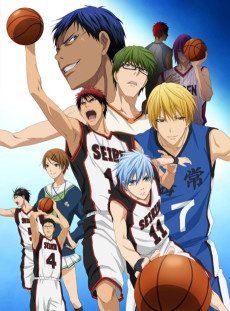 ANIME ComedyKuroko no Basket
ANIME ComedyKuroko no Basket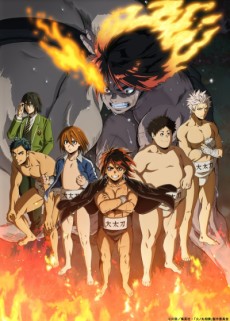 ANIME ActionHinomaru-Zumou
ANIME ActionHinomaru-Zumou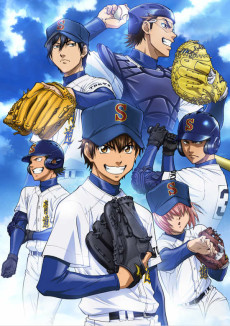 ANIME SportsDiamond no Ace
ANIME SportsDiamond no Ace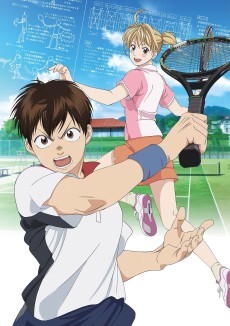 ANIME RomanceBaby Steps
ANIME RomanceBaby Steps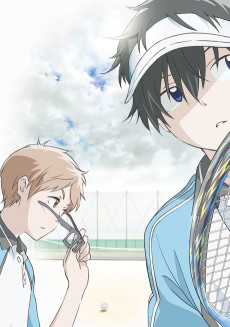 ANIME DramaHoshiai no Sora
ANIME DramaHoshiai no Sora
SCORE
- (3.5/5)
TRAILER
MORE INFO
Ended inSeptember 30, 2020
Main Studio diomedéa
Favorited by 833 Users
Hashtag #あひるの空


